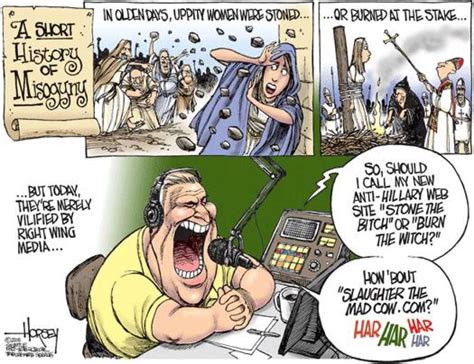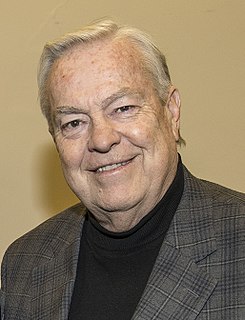A Quote by Phillip Knightley
I think that money is devoted to serious journalism, with analysis, interestingly presented, by good writers can still sell newspapers.
Quote Topics
Related Quotes
Anyone who does investigative journalism is not in it for the money. Investigative journalism by nature is the most work intensive kind of journalism you can take on. That's why you see less and less investigative journalism at newspapers and magazines. No matter what you're paid for it, you put in so many man-hours it's one of the least lucrative aspects of journalism you can take on.
Journalism is a great profession. It's complicated now. People talk about the demise of investigative reporting. I was a judge in some award contest recently, and the stuff that is being done by major newspapers, and local, regional papers around the country, is great. Newspapers play an amazing role in our society, and I still think they are important. I'm sorry newspaper circulation is down. Ultimately, the importance of newspapers can't be replaced.
I think of sports writers as mediating between two worlds. Athletes probably think of sports writers as not macho enough. And people in high culture probably think of sports writers as jocks or something. They are in an interestingly complex position in which they have to mediate the world of body and the world of words.
I always thought that I could write a novel. In my case, it was misguided. I do believe that the best nonfiction is not "literary journalism," a misleading term, but rather journalism that asks the questions that serious literature asks. It's storytelling that happens to be true. So I don't think it was a missed opportunity. After awhile you learn what you're really good at. Life is short, so spend time doing that.
The Huffington Post Investigative Fund's goal is to produce a broad range of investigative journalism created by both staff reporters and freelance writers, with a focus on working with the many experienced reporters and writers impacted by the economic contraction. The pieces will range from long-form investigations to short breaking news stories and will be presented in a variety of media - including text, audio, and video.































